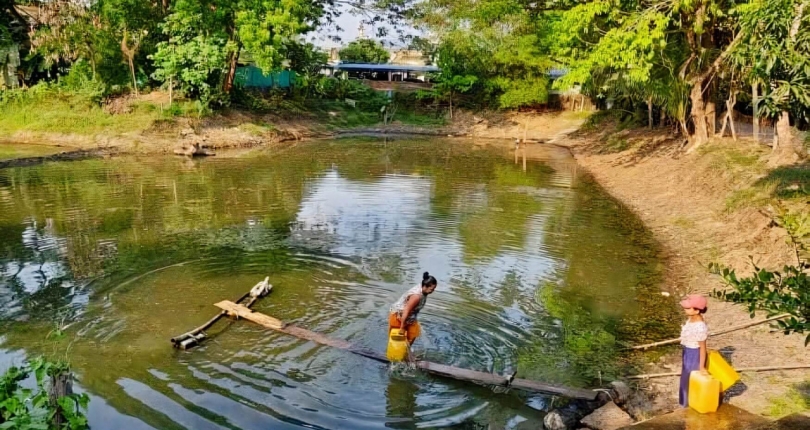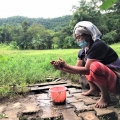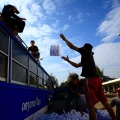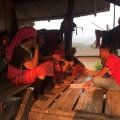Perspectives on water insecurity challenges of local communities in Myanmar in the midst of COVID-19
In Myanmar, the COVID-19 pandemic has affected the daily access to water of local communities. Access to clean water is becoming more difficult especially in some regions where water insecurity has existed even before the pandemic.
In Myanmar, the COVID-19 pandemic has affected the daily lives of local communities.
Access to clean water is becoming more difficult especially in some regions where water insecurity has existed even before the pandemic.
Access to clean water in Myanmar is becoming more difficult especially in some regions where water insecurity has existed even before the pandemic.
Central government agencies in Myanmar are unable to provide water to a large proportion of the urban and rural population.
According to the “Myanmar Urban Development and Water Sector Assessment, Strategy and Roadmap”, published by Asia Development Bank (ADB) in 2013, the percentage of people using improved drinking water sources is 83% overall (urban 93%, rural 78%).
However, even with this level of coverage, whether the the quality of water is good is an open question? The piped water supply systems in the main cities in Myanmar use untreated surface water from reservoirs. As a result, most people in urban areas use untreated private water supplies for drinking and cooking increasing their risks of getting water-borne illness.
In many areas of Myanmar, COVID-19 has exacerbated existing problems with water scarcity or lack of access to potable water.
This piece reflects on research undertaken by SUMERNET researchers in three regions of Myanmar: Pindaya township, located in the northern mountainous region of Shan state, Bogalay township, in the southern delta region and Seikkyi Kanaungto township, a peri-urban area of Yangon city.
Read more here: The perspectives of local marginalized groups upon water in the midst of COVID-19 in Myanmar - Myanmar Water Portal
This story was written by Kyaw Nyunt Linn. as the part of SUMERNET media-research partnership grants and was published on Myanmar Water Portal and the Change Magazine.
SUMERNET provided eight grants worth up to US$2,800 to 8 journalists in the Mekong Region (Thailand, Vietnam, Cambodia, and Myanmar) for partnership with SUMERNET and affiliated researchers to produce multimedia products on environmental topics in the Mekong Region.
During the partnership (from June 2021- June 2022), young journalists and multimedia producers have delivered different stories, blogs, documentaries on the environmental issues in collaboration with SUMERNET affiliated researchers from the different countries in the Mekong region. Media-research partnership grantees also organized a series of different trainings and sharing sessions for the media capacity development of the researchers.
Info
This story is part of the following project
Topic
Country
Related people
You might be interested in
-
Handwashing and mask wearing during COVID-19 in water insecure communities in Chiang Mai
This piece is based on the survey results from VOICES project looking at COVID-19 and water insecurity.
![Handwashing and mask wearing during COVID-19 in water insecure communities in Chiang Mai]()
-
Impacts of COVID-19 on access to clean drinking water among water insecure households in Chiang Mai
The impacts of COVID-19 to access of clean drinking water in Chiang Mai residents
![Impacts of COVID-19 on access to clean drinking water among water insecure households in Chiang Mai]()
-
Perspectives from the VOICES project on Covid-19 and water insecurity
This blog is written based on the online webinar “Lessons from COVID-19 for reducing water insecurities: Webinar on VOICES project”
![Perspectives from the VOICES project on Covid-19 and water insecurity]()
 By
By 






 Read more about SUMERNET
Read more about SUMERNET
